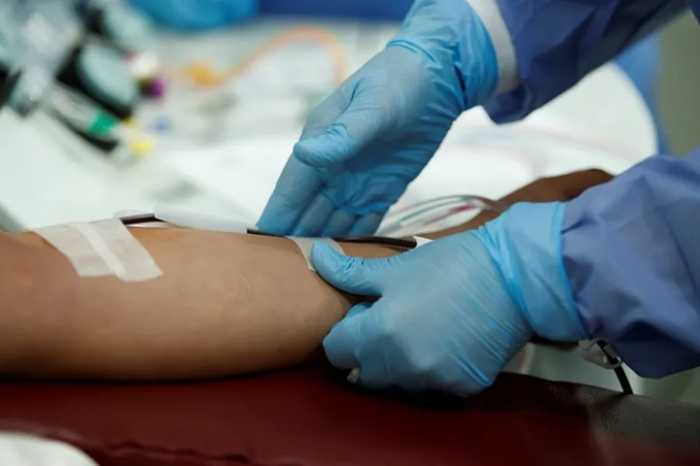Nassau County citizens have been advised to avoid interacting with wild animals after a raccoon found in Roslyn Heights tested positive for rabies, county health officials announced on Dec. 17.
“While the presence of another rabid animal is concerning, this discovery underscores the need for awareness, not alarm,” said Nassau County Health Commissioner Dr. Irina Gelman.
“By remaining cautious, avoiding direct contact with unknown animals, and ensuring pets are properly vaccinated, residents can greatly reduce their risk and help keep our community safe from rabies,” Gelman added.
The raccoon is the fifth critter to have been identified with rabies in 2024 in Nassau County, according to the county Department of Health. In August a raccoon and a feral cat, both from Valley Stream, also tested positive for rabies.
Rabies is a disease that only affects mammals, with wild raccoons, skunks, foxes, and bats being the most common carriers. It poses a danger to both cats and dogs as well as humans, according to the Centers for Disease Control and Prevention.
Rabies is primarily transmitted to humans and pets through bites, scratches, or contact with the saliva of an infected animal.
If left untreated, rabies is almost always fatal. However, the CDC notes that a series of shots given to humans after potential exposure, known as post-exposure prophylaxis, is highly effective in preventing the disease from progressing to that stage.
In September, the Nassau County Department of Health implemented additional rabies control measures as part of its control program, which distributed rabies vaccine bait in the southwest region of Nassau County as a preventive measure to control rabies among wild animals.
In addition the county Department of Health is currently seeking additional funds from the state department of health to expand distribution throughout the county.
Gelman advised citizens during a press conference to ensure their pets are up to date on rabies vaccinations, keep family pets indoors at night and advise family members against approaching any unknown animal, especially those acting abnormally.
She also recommended that if a wild animal is on your property, immediately bring children and pets indoors and let it wander away and to not touch dying or dead animals.
No human cases of rabies have been reported in Nassau County, according to the county Department of Health, but individuals bitten or scratched by any animal are advised to seek immediate medical care and then call the Nassau County Department of Health.



































